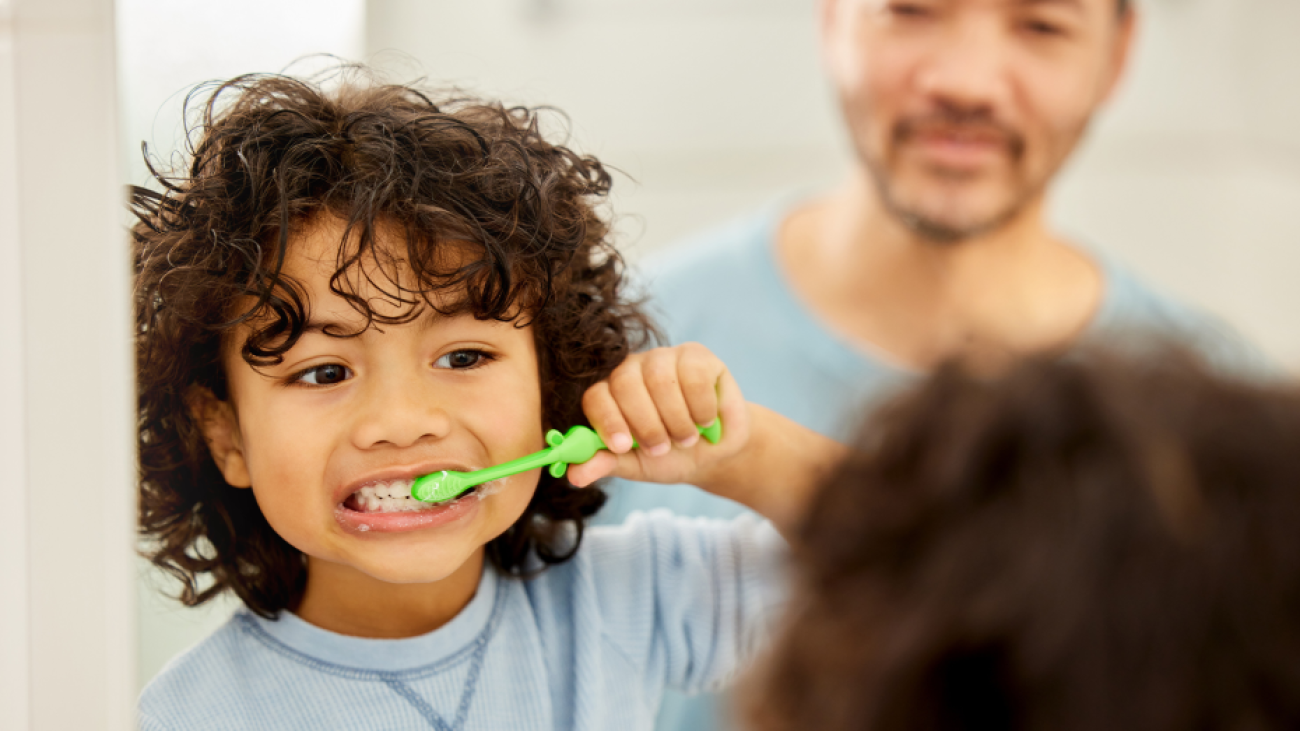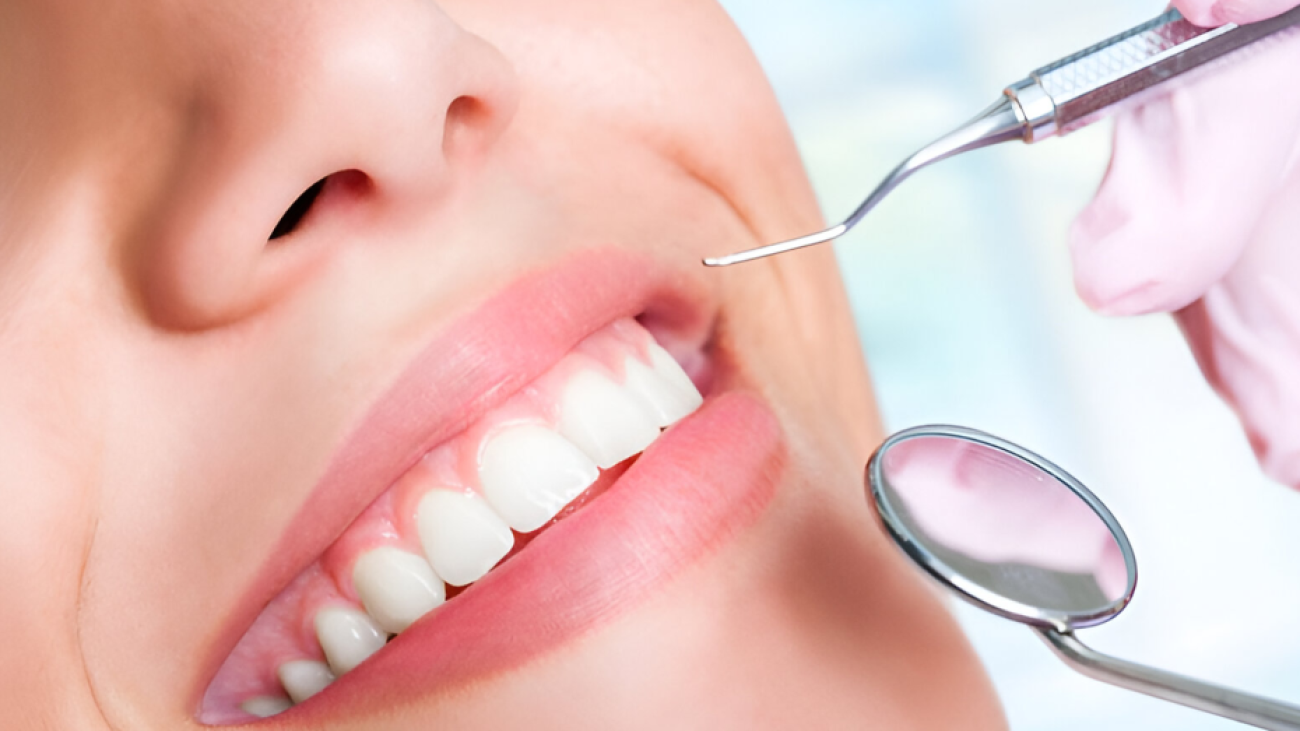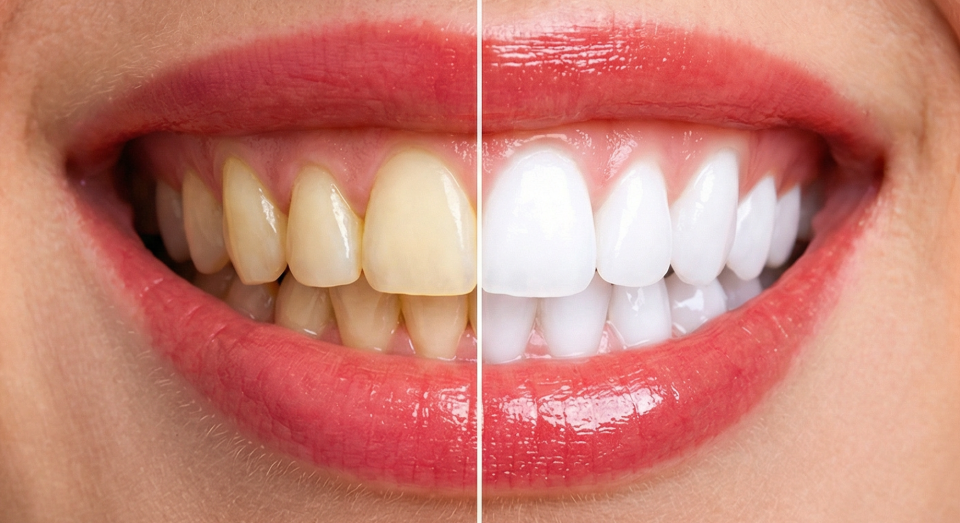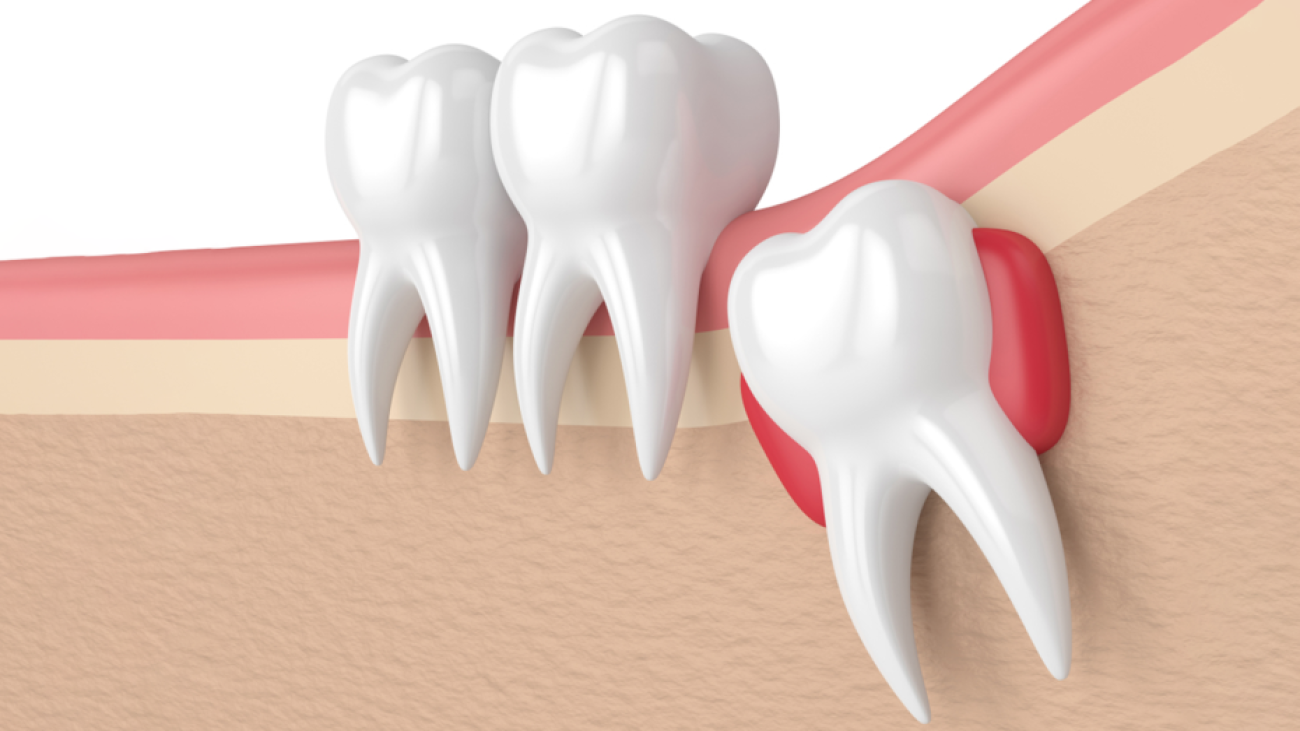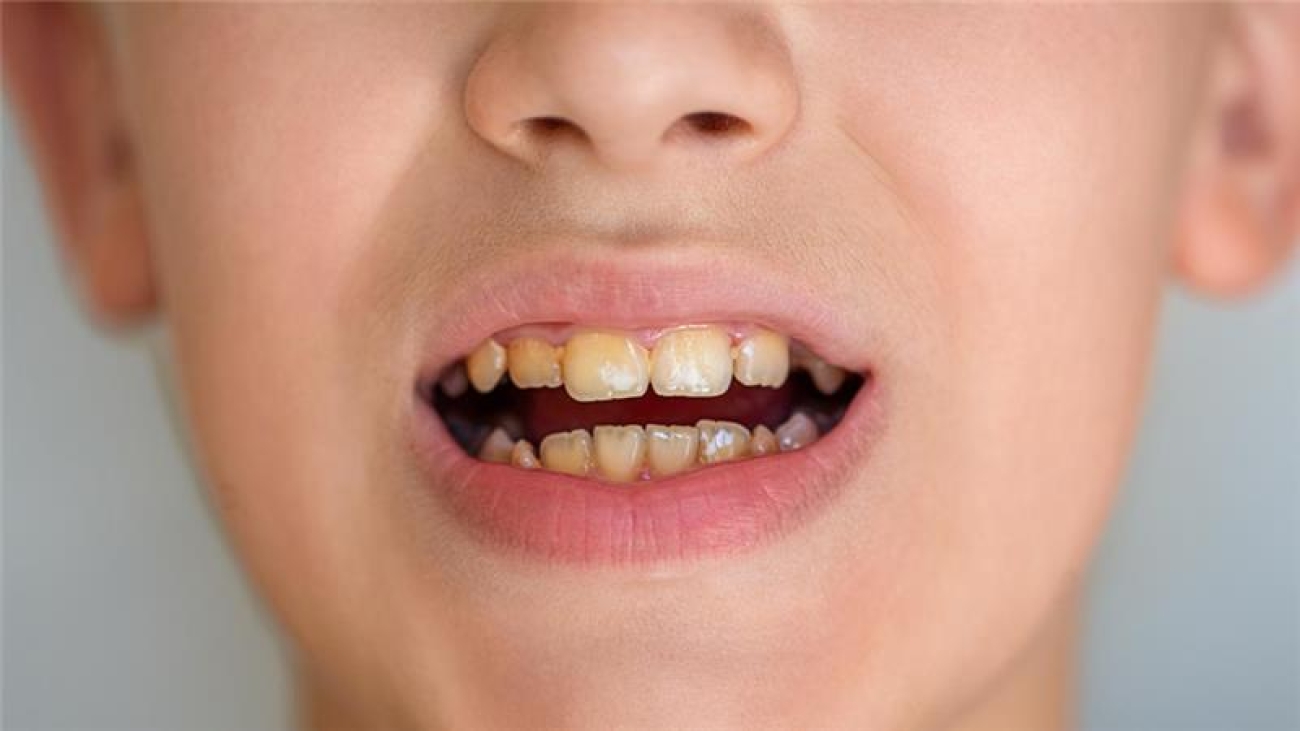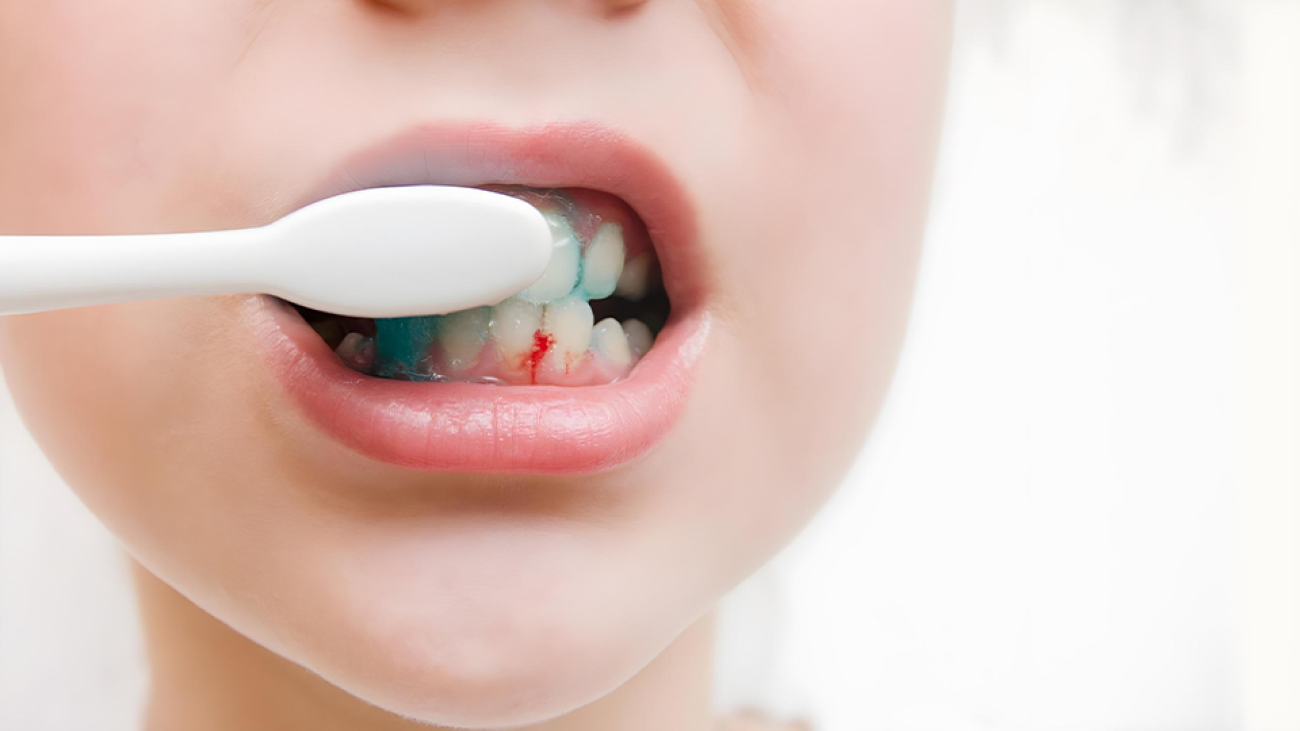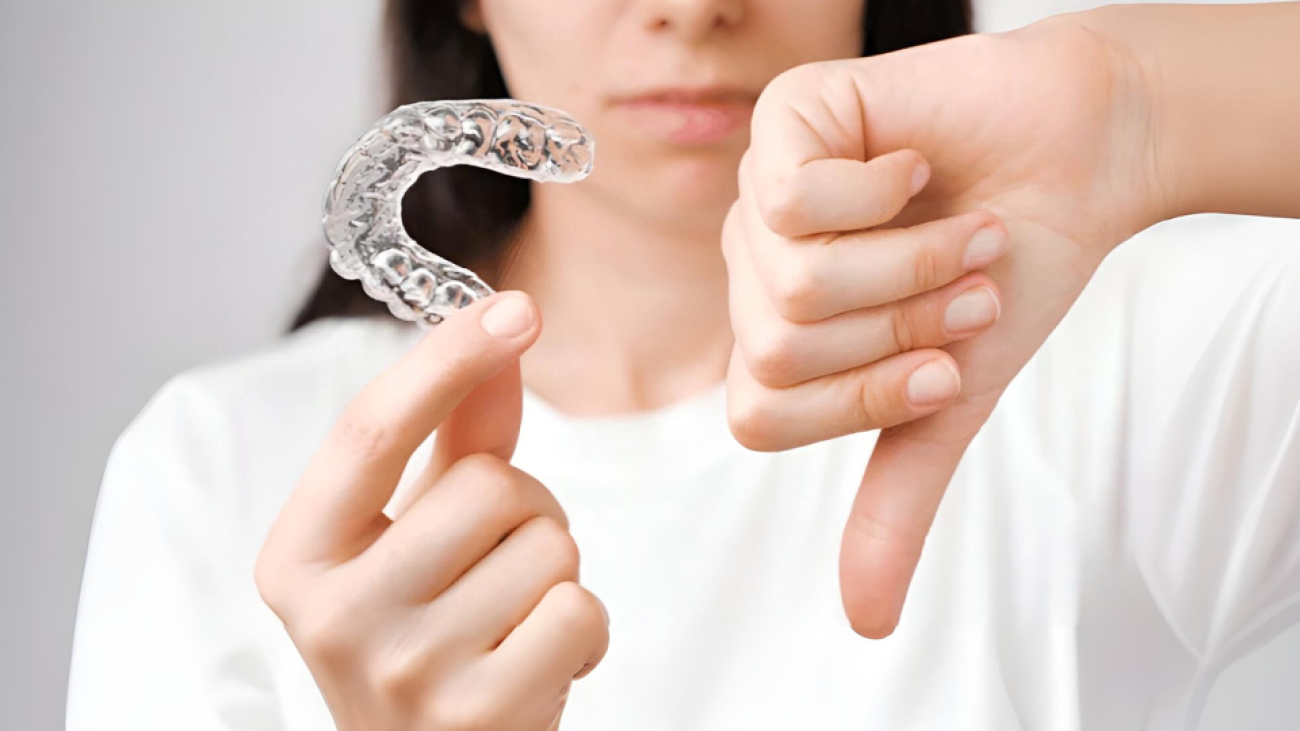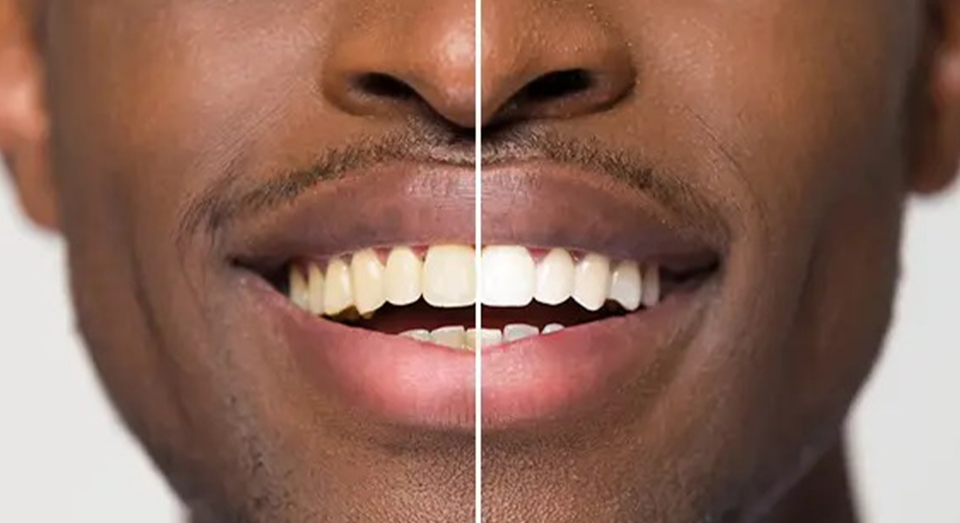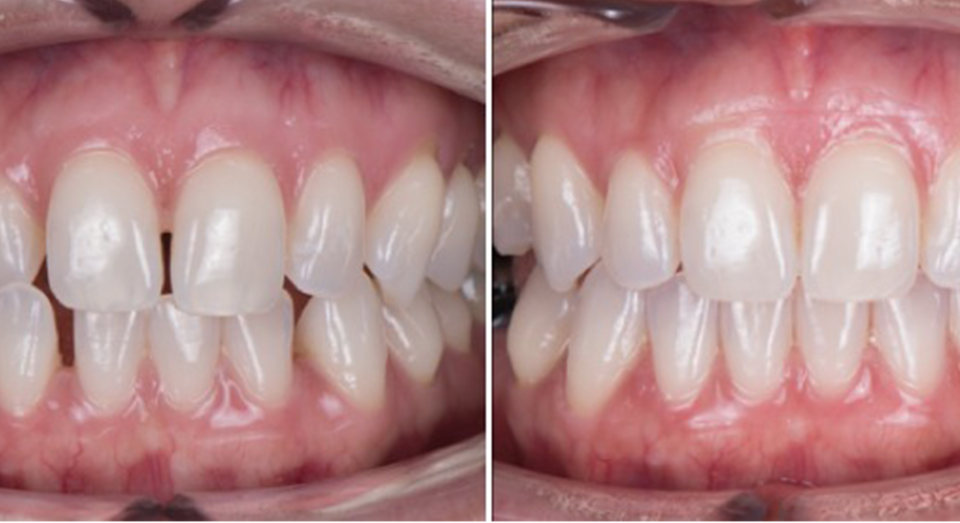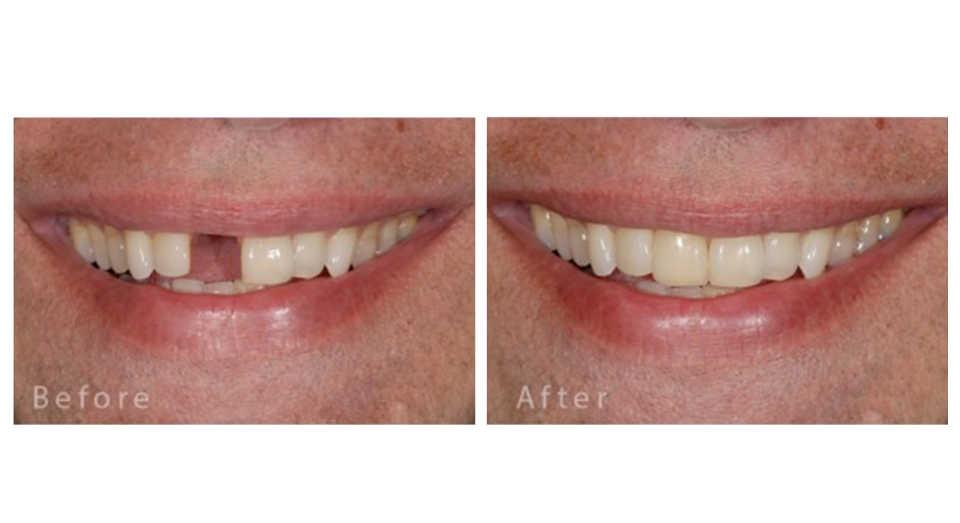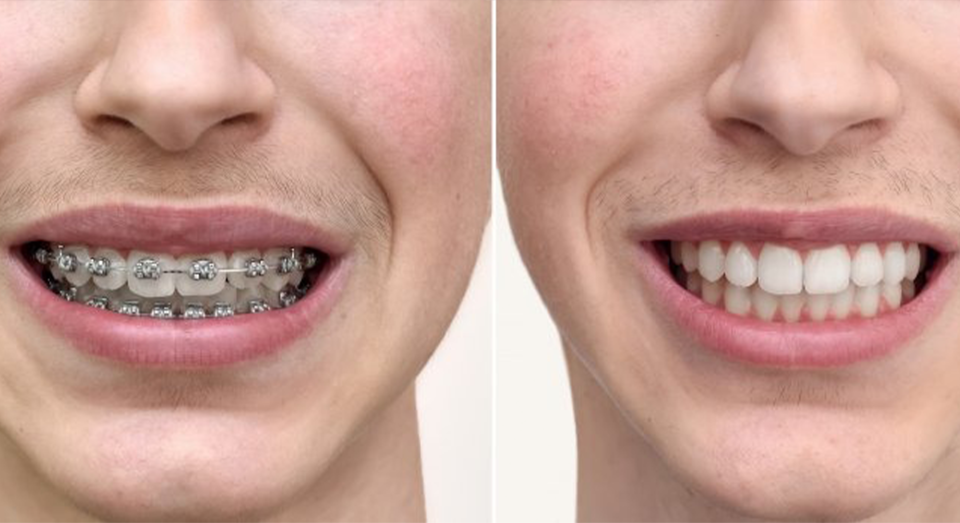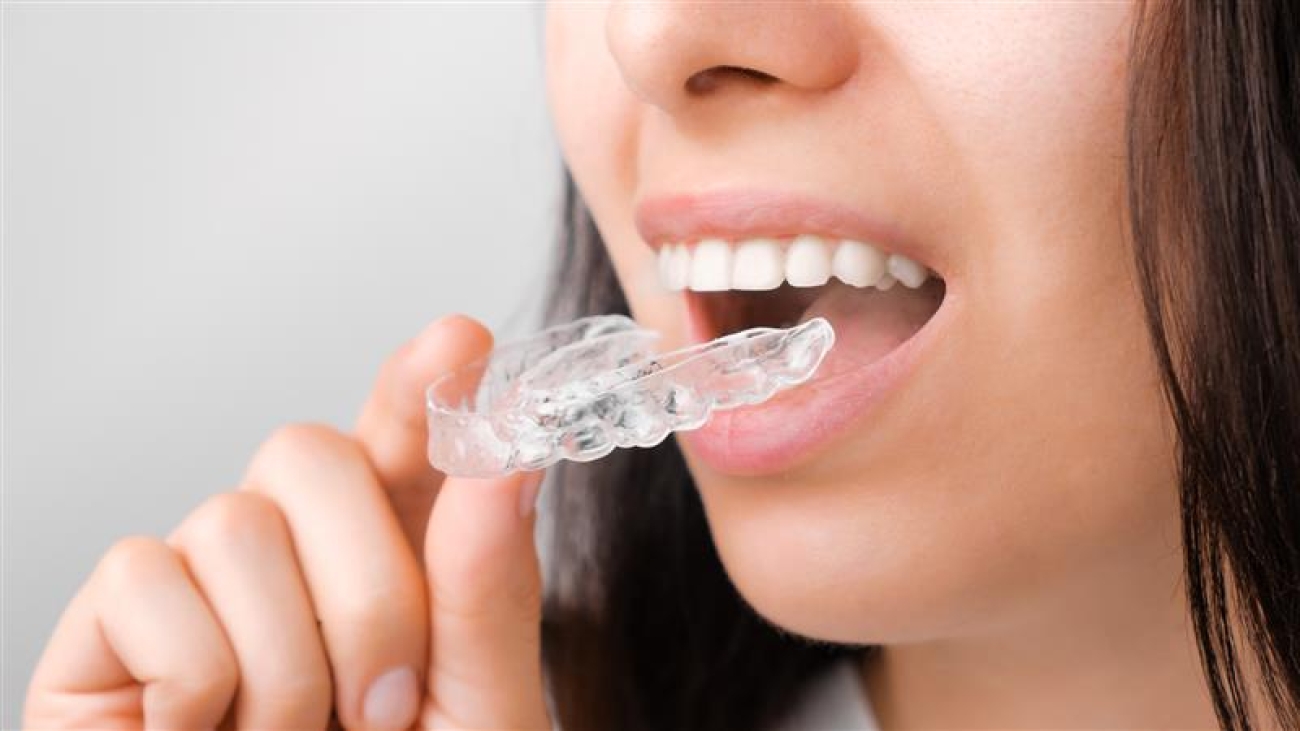If you think the only thing gums do is hold your teeth, then you are wrong. They shield the teeth from bacteria, reduce inflammation, and keep the specialised tissues supporting the teeth alive and healthy.
Just like general medicine, dentistry also has different specifications. Gum health comes under Periodontology.
As gums play a vital role in overall oral health, they need to be in perfect health to continue being a strong foundation and to prevent tooth loss.
Daily life instances are signals for a dental check-up. These could be early treatments that could save you from advanced periodontitis and bone loss.
More than what treatment you get, who treated you is important. Dr Resmi P G, MDS the best Periodontist in Kochi, is equipped with the latest technology to give you the best diagnosis and personalised periodontal care.
To know more about the gums and periodontists, keep reading.
Who Is a Periodontist and What Do They Treat?
Periodontists are dentists who diagnose, treat, and prevent gum disease. Treating the jawbone, placement of dental implants, treating issues with gums, bone, and supporting tissues are also part of their discipline.
Their treatments range from deep cleanings (scaling and root planning) for early stages to complex surgical procedures like gum grafting, pocket reduction, and bone regeneration for severe cases. They also provide cosmetic gum treatments.
A dentist handles cleanings, fillings, and basic treatments. A periodontist handles gum care, bone management, and implant procedures. This is the basic difference.
Gum disease, gum recession, bone loss, and dental implants are the conditions they treat.
Top 10 Signs You Need to See a Periodontist
1. Bleeding Gums
A one-time episode of bleeding is fine, but consistent bleeding is a sign to consult a periodontist.
2. Persistent Bad Breath
Apart from morning breath and bad breath caused by dehydration, persistent bad breath is a serious concern. It could come from the bacteria trapped in the infected gum pockets.
3. Swollen, Red, or Tender Gums
They are the classic indicators of gum inflammation and infection. Ignoring these could end up in a periodontal disease.
4. Gum Recession
It is a process where the gum tissue pulls back from the tooth. During a recession, the teeth look longer, and the sensitive roots are exposed. This could lead to underlying bone loss and gum damage.
5. Loose or Shifting Teeth
Slightly loose or position-shifting teeth highlight issues in bone support.
6. Pain While Chewing
A shooting pain while chewing or biting means the infection has reached deep into the tissues, compromising the gum and bone support.
7. Pus Between Teeth and Gums
The pus coming out between the teeth and gums is from an active bacterial infection. This is best treated immediately by a periodontist.
8. Changes in Bite or Tooth Alignment
Gum disease can create bone loss, which can create changes in bite and tooth alignment.
9. Family History of Gum Disease
Periodontal issues can be inherited genetically. You inherit them by inheriting variations in genes that control immune response, inflammation, and tissue structure.
10. Preparing for Dental Implants or Smile Treatments
If you’re planning for any dental cosmetic treatments, you’ll need healthy gums and bones. Only healthy gums and bones can be a strong foundation for the treatment.
What Happens If Gum Problems Are Ignored?
Many oral health issues will occur if you ignore them. Escalation from Gingivitis to Periodontitis, gum recession, bone loss, around teeth, tooth mobility and loss, persistent bad breath, risk of Abscesses, impact on overall health, and expensive dental treatments later.
Gingivitis is plaque building up along the gumline. This is an early-stage disease that leads to red, swollen, and bleeding gums if not treated. Periodontitis is an aggravated version of Gingivitis. At this stage, the infection has progressed sufficiently to cause damage to the gums.
Gum recession can expose the roots, making them sensitive. Bone loss happens when infected gums destroy the jawbone. A destroyed jawbone can cause it to loosen over time, making it difficult for the jaw to support the teeth. An unsupportive jaw leads to tooth mobility and tooth loss. If the bacteria build up in these infected gums, it causes persistent bad breath and an unpleasant taste. Pus-filled infections can increase the risk of abscesses. All these gum diseases can have a negative impact on oral health if you are diabetic or have heart disease.
Moreover, the longer you delay treatment, the more expensive the treatments become.
How a Periodontist Can Help?
A periodontist can help you in four ways:
- Accurate Diagnosis and Gum Evaluation – Through a thorough diagnosis and evaluation, a periodontist can spot the issue. It helps to plan an effective treatment.
- Non-Surgical Treatments – Deep cleaning can remove plaque and bacteria, and laser therapy can reduce infection for less severe cases. These could save your gums from surgery.
- Surgical Periodontal Treatments – Surgical procedures like Gum grafting are done for severe cases.
- Long-Term Maintenance and Prevention – Periodontists include regular cleanings and monitoring in a personalised maintenance plan. This is to prevent the repetition of gum disease.
Why Choose Dr Bobby Dental Clinic in Kochi?
Experience, advanced technology, personalised treatment plans, patient-friendly environment, and the trust of our clients are the answers.
Our experienced periodontist carries out the periodontal treatments using advanced technology like our effective laser treatment. Based on their oral health condition, gum issues, and comfort, personalised treatment plans are made. We ensure our clinic environment is made patient-friendly for effective treatments. All these factors have helped us gain trust in our clients in Kochi and the surrounding areas.
Most laser periodontal treatments are comfortable with modern techniques and local anaesthesia. Slight bleeding, slight pain, and mild soreness afterwards is temporary and manageable.
It depends on the severity of the condition, ranging from one visit to multiple sessions. Your periodontist will plan treatment accordingly.
Signs include bleeding gums, gum recession, bad breath, or loose teeth. A dentist may also refer you for specialised care.
Gum care during pregnancy is safe with professional cleaning and proper oral hygiene. Always inform your dentist about pregnancy before treatment.
Yes, they can remove plaque more effectively with less pressure. They are especially helpful for people with sensitive gums.



